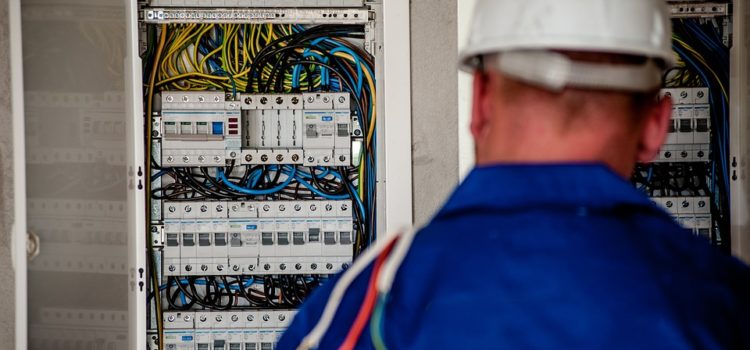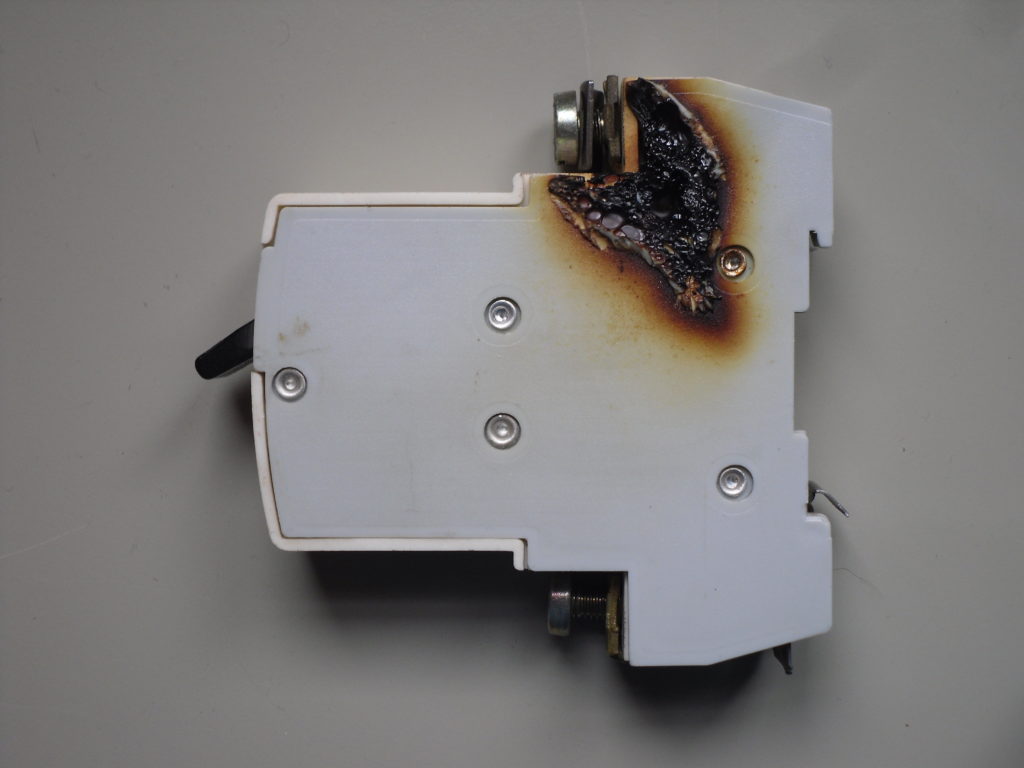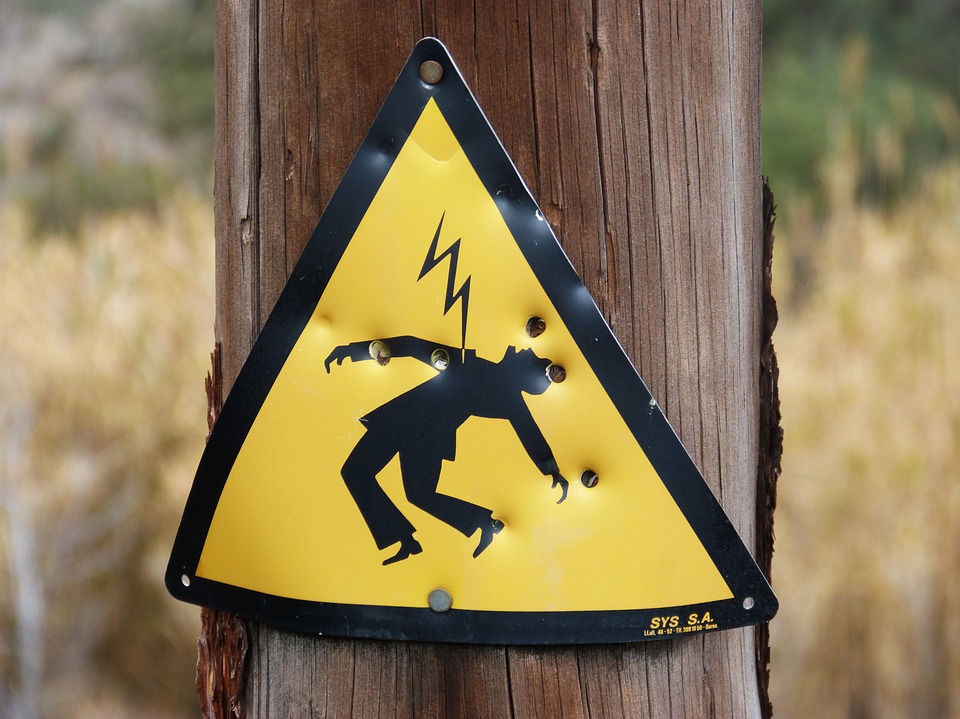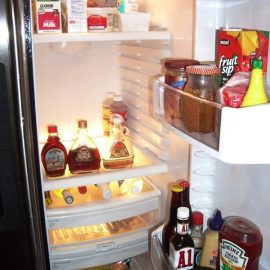
All homeowners know that electrical emergencies can occur once in a while. As you continue reading, you will find the seven most common electrical issues that can arise in any household.
1. Frequent Electrical Surges
Ever experienced quick on-and-off of your electrical appliances like the television?
Surges, also called transients, are usually spikes in your home’s electrical currents and can last for only a microsecond. Electric surges are common problems that can occur in any household. However, if there are frequent surges, your equipment and electrical appliances can be seriously damaged.
What can cause electric surges?
- Poor wiring: Wiring is essential for the distribution of electricity but when damaged, it can cause a power surge.
- Lightning Strikes: A massive current is created when lightning suddenly strikes an electrical system, creating an electric surge.
- Defective Appliances
- Damaged power lines
2. Power Sags and Dips
Suppose you are in the middle of an interesting conversation and you stop suddenly as you don’t know whether it was your imagination or the light just dimmed. This is called a brown-out!
Sags and dips are somehow similar to power surges but they are caused by faulty devices which are connected to the power grid. You see, the reason lies in the devices you use. When defective appliances are connected to the power grids, more power than necessary is consumed and this causes sags and dips.
And these sags and dips create brown-outs – drops in electric voltage in an electrical power supply system that can dim the lights quickly.
3. Circuit Breaker Tripping Frequently

What makes a circuit breaker to trip? Microwave and hairdryers are high wattage items that when plugged along with other high power-consuming things on the same source can trip circuit breakers. Circuit breakers were designed to protect a house and therefore when it trips, it is a sign that it’s doing its job.
4. Circuit Overload
Here, you can neither blame the weather nor the wiring!
This is one of the major causes of frequent circuit breaker tripping. You have to remember that there are certain appliances which consume more electricity than others. For instance, you cannot install a complete home entertainment unit setup when your house does not have enough power points. Otherwise, this could lead to a circuit overload.
To understand this concept, let me give you a simple example. Let’s say you bought a lamp which can is rated for only a maximum 60 watts bulb, but you decide to put in a 100 watts bulb, you have just overloaded the bulb. Get it now?
5. Electric Shocks

Once in your life, you may have experienced an electric shock, even if it’s a small static shock!
Electric shocks are unpleasant experiences that are usually common in homes that have old electrical systems. Electric shocks can also occur when you switch on and off an electrical appliance. The issue could either be with the wiring or the appliance itself and even if there are only mild shocks, this issue should be dealt with as sooner as possible.
6. Light Bulbs Burning Out Too Often

If your bulb tends to burn out too often, don’t just change it with a new one.
Below you will find some reasons why your light bulb tends to burn out often:
- Wattage is very high
- Insulation is too close to the light
- Poor wiring on circuits
- Poor wiring on mains
- There is too much wattage on a dimmer switch
7. No RCCB
Why do you think most professionals say that an RCCB is a must?
A Residual Current Circuit Breaker, abbreviated as an RCCB, is a separate sensing device that can detect and prevent a low voltage circuit when there is a leak. It acts as a safety measure to protect the electrical wiring and will automatically disconnect the switch as soon as it detects a leakage or an abnormal current flow.
Do you have any of these above-mentioned electrical issues? Please share your comments!



